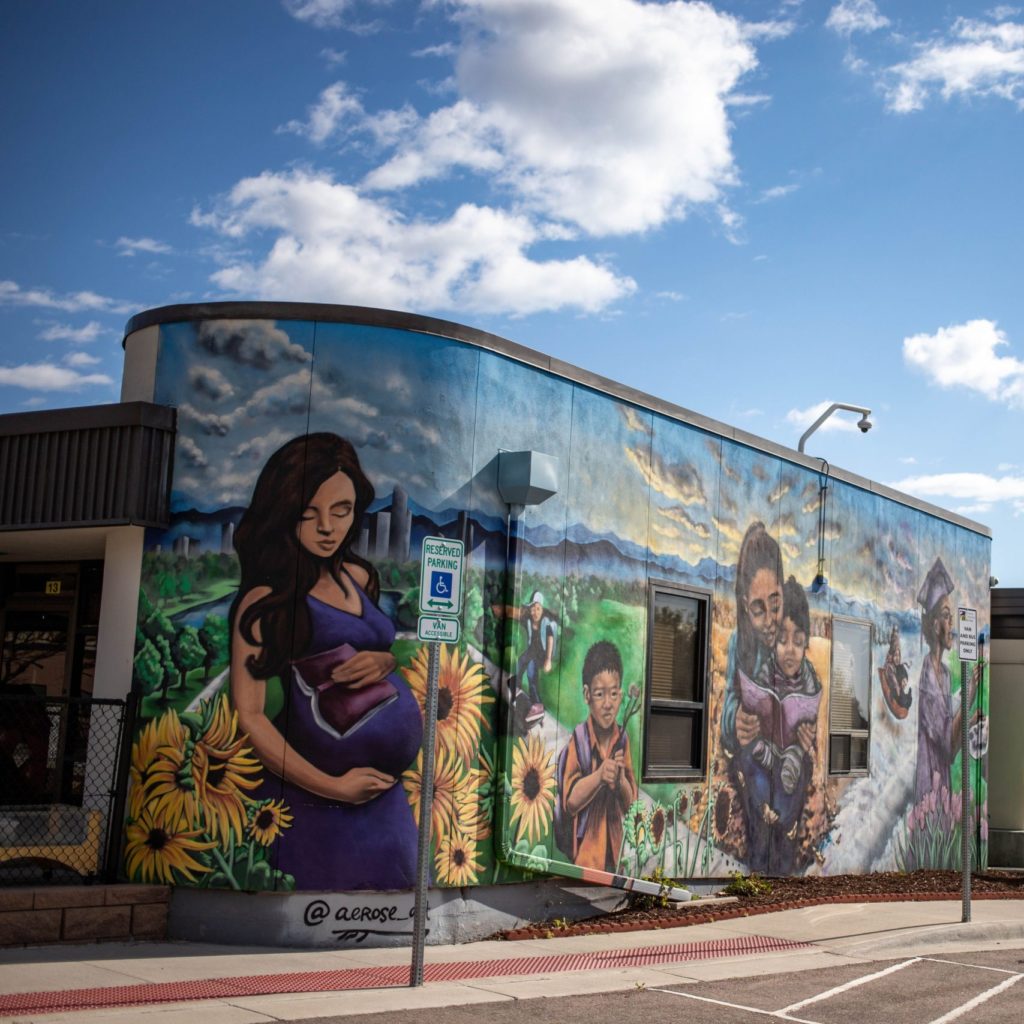Mini-grants for community groups, nonprofits, and micro businesses in NEST neighborhoods
The Denver Foundation is pleased to invite qualified nonprofits to apply for funding from the City and County of Denver through the Community Support Mini-Grants Program. Funding is available for small, community-driven projects designed to strengthen community, create a stronger and more connected neighborhood, and address community needs.
The funding supports work in these Denver NEST neighborhoods: Athmar Park, Barnum, Barnum West, Clayton, College View, East Colfax, Elyria Swansea, Globeville, Kennedy, Lincoln Park, Mar Lee, Montbello, Ruby Hill, Sun Valley, Valverde, Villa Park, Westwood, and Windsor.
ELIGIBILITY
- Formal or informal group(s) residing and/or doing work within the program’s priority communities. (Organizations or groups applying outside of these neighborhoods must partner with existing groups in the community.)
- Informal groups must have at least three (3) unrelated leaders who live in the City and County of Denver and who will be responsible for this project or campaign.
- Eligible projects must take place within the program’s priority neighborhoods.
- Micro businesses applying for the grant must operate within the program’s priority communities and have an annual revenue of no more than $500,000.
Note: Denver Economic Development’s division of Neighborhood Equity & Stabilization (NEST) priorities neighborhoods include Athmar Park, Barnum, Barnum West, Clayton, College View, East Colfax, Elyria Swansea, Globeville, Kennedy, Lincoln Park, Mar Lee, Montbello, Ruby Hill, Sun Valley, Valverde, Villa Park, Westwood, and Windsor.
Not eligible for funding:
- Activities, projects, or programs that will have been completed before funding becomes available (no retroactive funding).
Additional information
All funds must be spent within the calendar year.
Focus areas and eligibility. The Community Support Mini-Grants program prioritizes projects and/or activities that will create a stronger and more connected neighborhood, address community needs, and/or strengthen navigation to service delivery, including direct health-related responses to COVID-19.
- Bolstering Social Development. Integration and inclusion of all people in a community to engage, develop support structures to build trust, develop networks to reduce social isolation, foster a culturally rich neighborhood, and build on existing neighborhood assets.
- Supporting Resident Life. Increasing equity in opportunities for communities over multiple generations by improving access to education, health, housing, and workforce development that will foster greater economic mobility and access to wealth and income.
- Increasing Group Capacity. Building a group’s capacity that enhances its service and responsiveness to its community. This could include audience, board, and/or leadership development; planning activities, strategic partnerships and planning, navigation to health care, virtual education services, government services, and support in developing worker-owned cooperatives.

 Denver Economic Development & Opportunity (DEDO) works to ensure an inclusive and innovative economy for all Denver residents, businesses, and neighborhoods.
Denver Economic Development & Opportunity (DEDO) works to ensure an inclusive and innovative economy for all Denver residents, businesses, and neighborhoods.